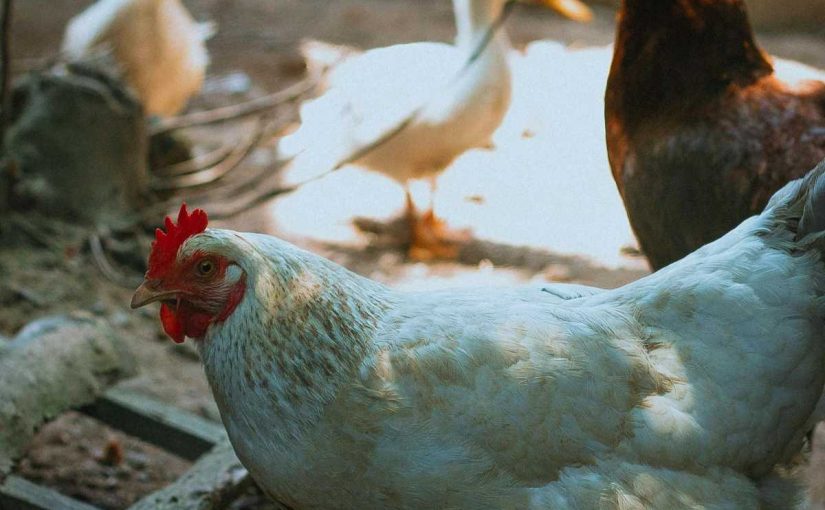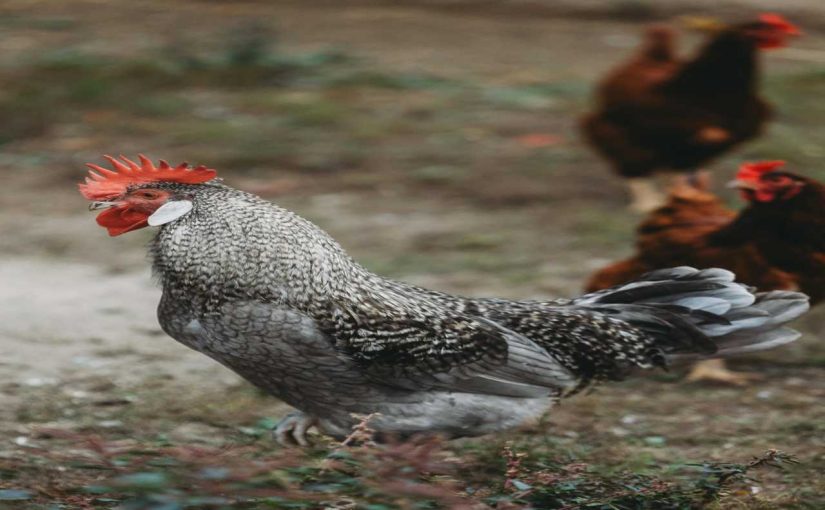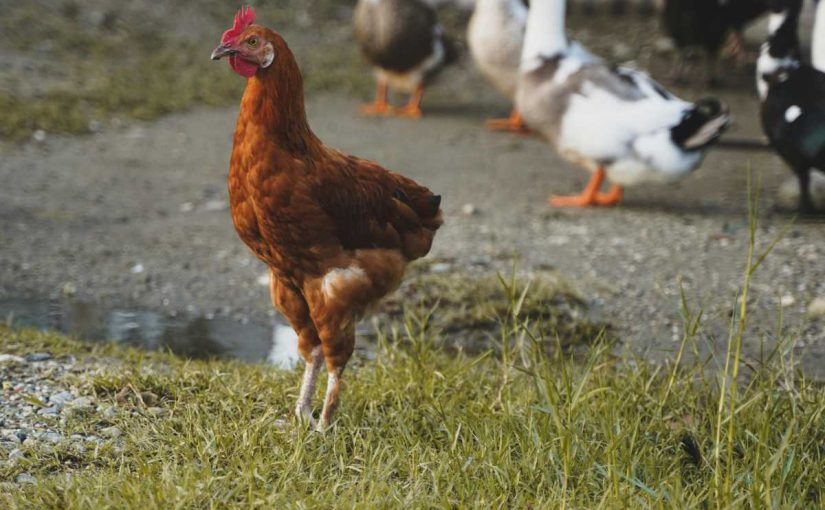Integrating chickens into your gardening practices not only provides you with fresh eggs and meat but also introduces a dynamic pest control method that is both sustainable and effective. Chickens are natural foragers with instinctual behaviors that can significantly reduce pest populations, helping to create a healthier garden ecosystem. Here are five ways chickens can help control garden pests, along with practical tips on how to implement these strategies effectively.
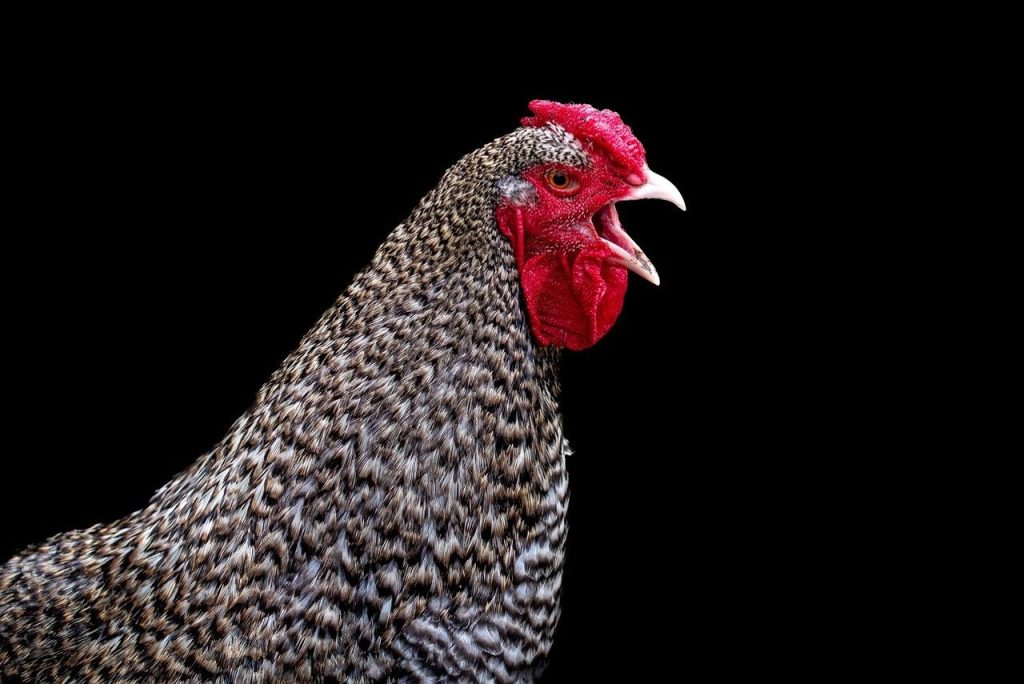
1. Natural Foraging Behavior
Chickens are omnivorous creatures that instinctively forage for food, including a variety of insects, worms, and other pests that can harm your garden.
How It Works:
- Insect Consumption: Chickens have a diverse diet that includes common garden pests such as aphids, beetles, slugs, and grasshoppers. Their natural foraging behavior allows them to actively seek and consume these pests, which can significantly reduce their populations.
- Weed Seed Control: When chickens scratch the ground in search of food, they not only uncover pests but also weed seeds. By consuming these seeds, chickens help prevent the growth of unwanted plants that compete with your crops for nutrients and space.
Implementation Tips:
- Free-Range Areas: Designate specific zones in your garden where chickens can roam freely. Ensure these areas are fenced or controlled to prevent them from damaging delicate plants or newly sprouted seedlings.
- Chicken Tractors: Utilize movable chicken coops or tractors that can be repositioned around the garden. This method allows chickens to forage on different areas while minimizing damage to your crops. Chicken tractors also provide shelter and protection from predators.
- Time Management: Introduce chickens to your garden during peak pest seasons, typically in spring and early summer, to maximize their effectiveness in controlling insect populations.
2. Breaking Pest Life Cycles
Chickens play a crucial role in interrupting the life cycles of various garden pests, effectively reducing their populations over time.
How It Works:
- Egg and Larvae Consumption: Many pests lay their eggs on or near plants. Chickens can help control these pests by eating not only the larvae but also the eggs themselves, preventing them from maturing into adult pests that could harm your garden.
- Scratching and Digging: Chickens naturally scratch and dig through soil and mulch, which helps uncover hidden insect eggs and larvae. Their foraging behavior actively disrupts the development of pests, leading to a decrease in future infestations.
Implementation Tips:
- Timing: Monitor the life cycles of common pests in your garden. Introduce chickens at key points in these cycles, especially when eggs or larvae are present. Early intervention can significantly reduce pest populations.
- Mulching: Use organic mulch in your garden to attract beneficial insects while allowing chickens to forage. As they scratch through the mulch, they will also consume pest larvae hidden within.
- Plant Selection: Choose plants that are prone to pest infestations and combine them with crops that are less attractive to pests. This strategy allows you to maximize the benefits of chicken foraging.
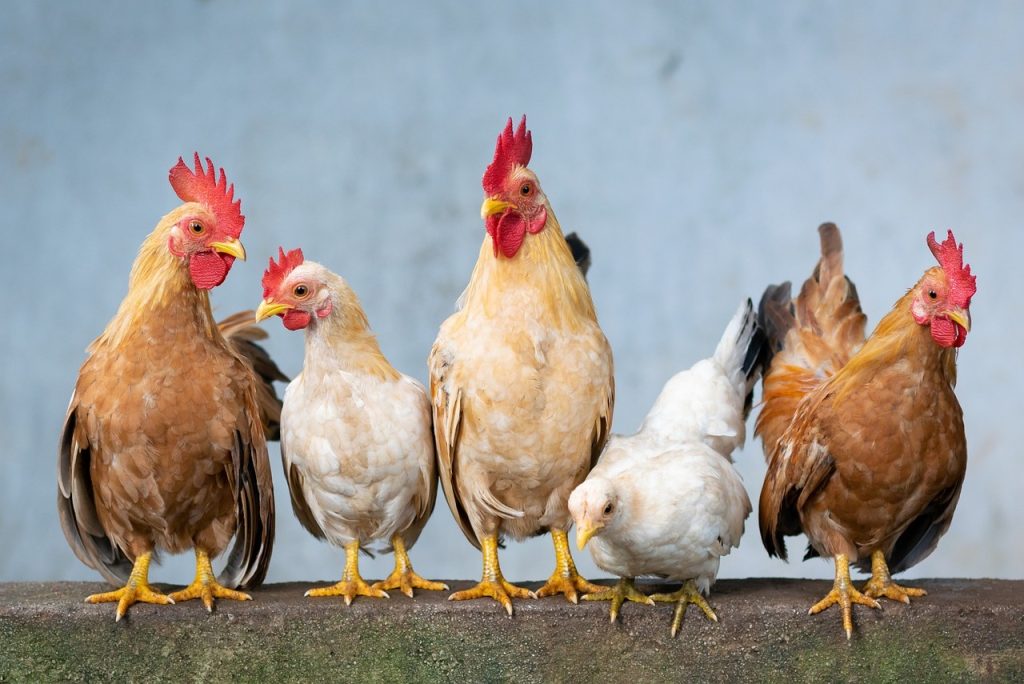
3. Creating a Balanced Ecosystem
Integrating chickens into your garden contributes to a balanced ecosystem that supports biodiversity and encourages the presence of beneficial insects.
How It Works:
- Biodiversity Promotion: By introducing chickens to your garden, you can help maintain a healthy ecosystem where beneficial insects, such as ladybugs and predatory wasps, can thrive. These insects naturally prey on pests, complementing the work done by chickens.
- Soil Health: Chickens improve soil health through their foraging behavior, which aerates the soil and promotes microbial activity. Healthy soil is essential for robust plant growth, making plants more resilient to pest attacks.
Implementation Tips:
- Diverse Plantings: Plant a variety of crops and flowers in your garden to attract beneficial insects. Flowers like marigolds, borage, and nasturtiums can attract pollinators and beneficial predators, creating a more balanced ecosystem.
- Intercropping: Implement intercropping techniques, where different crops are grown together to support one another. Chickens can help control pests while plants provide shade and additional food sources.
- Native Plants: Incorporate native plants into your garden to attract local beneficial insects and wildlife. Chickens can coexist with these plants, helping to maintain a balanced environment.
4. Natural Fertilizer Production
Chickens not only help control pests but also contribute to soil fertility through their droppings, which are rich in essential nutrients.
How It Works:
- Nutrient-Rich Manure: Chicken manure is a powerful organic fertilizer containing high levels of nitrogen, phosphorus, and potassium. When applied to the soil, it boosts plant growth, which helps crops develop resistance to pests.
- Microbial Activity: Chicken droppings enhance microbial activity in the soil, improving soil structure and nutrient cycling. Healthy soil supports strong plants, making them more resilient to pest attacks.
Implementation Tips:
- Composting Chicken Manure: Collect chicken manure and compost it with carbon-rich materials, such as straw, leaves, or wood chips. This compost can then be applied to your garden as a nutrient-rich soil amendment.
- Direct Application: If using fresh chicken manure, ensure it is aged or composted to prevent nitrogen burn on your plants. Apply it in moderation to avoid overwhelming your plants with excessive nutrients.
- Soil Testing: Conduct regular soil tests to monitor nutrient levels and make necessary adjustments. This helps optimize plant growth and improves their resistance to pests.
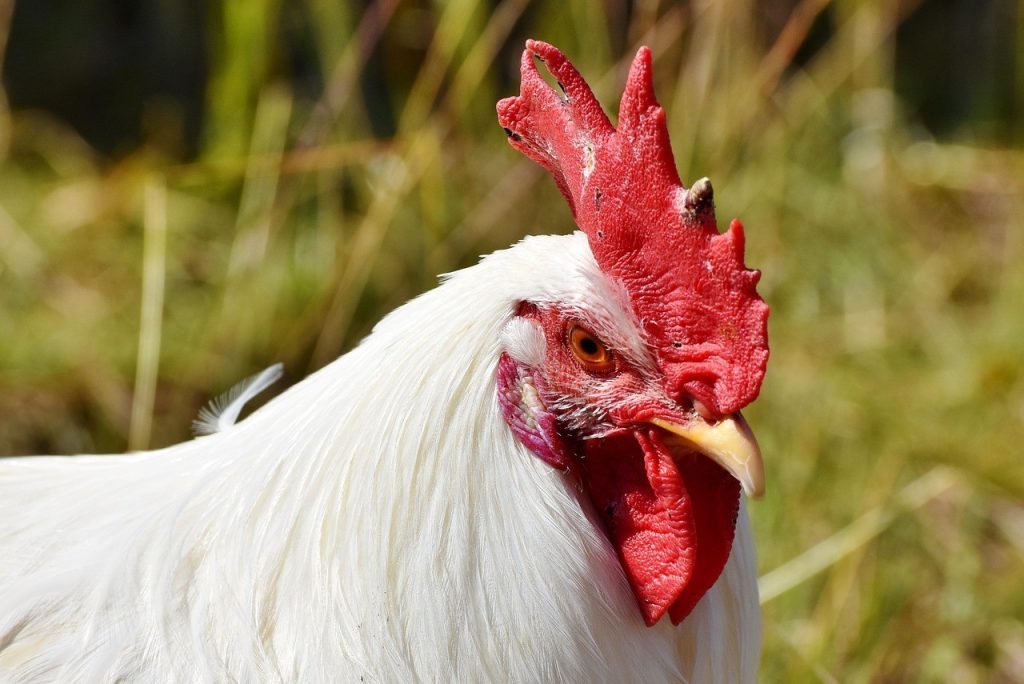
5. Behavioral Deterrents
The mere presence of chickens in your garden can deter certain pests from entering, thanks to their natural instincts and behaviors.
How It Works:
- Predator Instincts: Many pests, such as small rodents and even some insects, are instinctively wary of chickens. The sight and sounds of chickens can discourage these pests from invading your garden.
- Noise and Movement: Chickens create noise and movement as they forage, which can disrupt the habitat of certain pests, encouraging them to relocate to less active areas.
Implementation Tips:
- Strategic Placement: Position your chicken coop near vulnerable areas of your garden to maximize the deterrent effect. A well-placed coop can serve as a natural barrier against pests.
- Mixing Breeds: Consider integrating a mix of chicken breeds to create a diverse and active presence in your garden. Some breeds are more aggressive foragers and can help deter pests more effectively.
- Companion Animals: If you have other animals in your garden, such as ducks or goats, they can complement chickens in pest control. Each animal has its foraging habits, contributing to a more comprehensive pest management strategy.
Conclusion: Embracing Chickens for Pest Control
Integrating chickens into your garden not only provides a sustainable source of food but also offers a natural solution to managing pest populations. From their instinctual foraging behavior to their contributions to soil fertility and ecosystem balance, chickens enhance your gardening experience in multiple ways.
By strategically allowing chickens to roam or using movable chicken tractors, you can harness their natural abilities to control pests effectively while enjoying the added benefits of fresh eggs and meat. Embrace the capabilities of chickens in your garden and watch as they help create a healthier, more productive growing environment.

